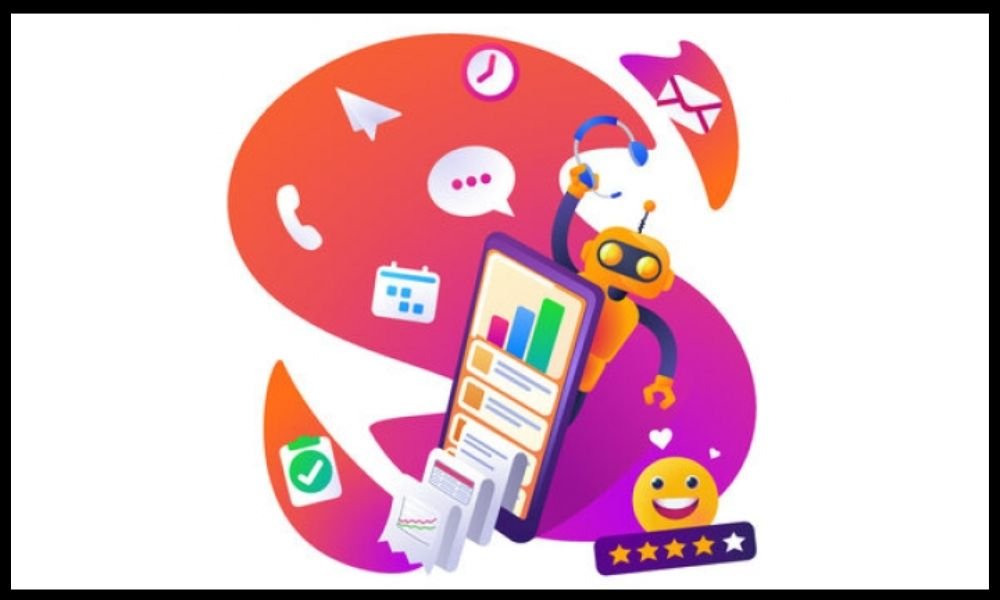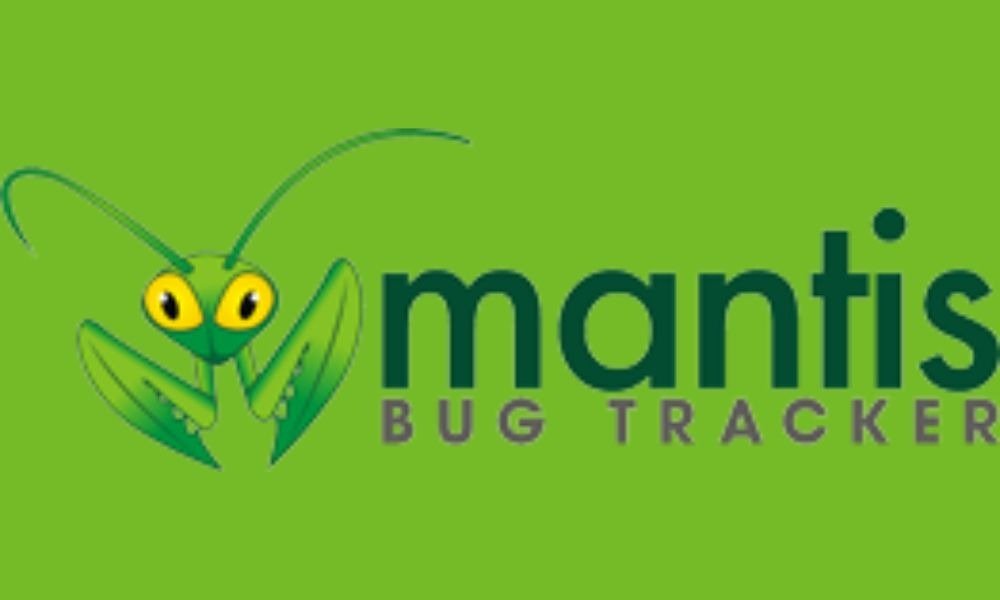Did you know ? 95% of projects without a ticketing tool turn out to be failures.
An alarming figure which highlights the crucial importance of these solutions for effective task management and collaboration within teams.
In a world where communication and coordination are more essential than ever, ticketing tools position themselves as essential allies in leading your projects to success. But how can we explain such a disparity between projects with and without a ticketing tool? Let's discover together the multiple advantages of these solutions and the reasons that make them pillars of success.
1. Organization and centralization: Key words for better task management
One of the strengths of ticketing tools lies in their ability to centralize all tasks and requests in a single access point. No more lost memos , lost emails or post-its left on the desk! Each member of the team has a clear and precise overview of the missions in progress, their progress and the priorities to be respected.
2. Improved communication and monitoring: Promote collaboration and transparency

ticketing tool encourages fluid and transparent communication between team members. Comments, updates and status changes are centralized, allowing everyone to follow the progress of tasks in real time. No more misunderstandings and delays due to poor communication!
3. Save time and efficiency: Focus on the essentials
Automating repetitive tasks and simplifying collaboration processes saves teams valuable time. By focusing on the essentials, members can devote themselves to higher value-added missions, thus contributing to increasing overall productivity.
4. Performance monitoring and data analysis: Informed decisions for continuous optimization
ticketing tools offer advanced performance monitoring and data analysis features. With detailed reporting, teams can identify their organization's strengths and weaknesses, and make informed decisions to optimize their processes and maximize efficiency.
5. Flexibility and adaptability: Solutions for all needs
Whether you are a small team or a large company, there is a ticketing tool to suit your needs and your budget. From open-source solutions to all-in-one SaaS platforms, the choice is vast and allows you to find the tool that perfectly matches your work environment and your specific requirements.

In conclusion, the use of mobile applications in a company is no longer a simple option, but is an absolute necessity to guarantee the success of your projects . These modern technology tools are crucial to remaining competitive and responsive in today's business landscape. So, don't let your project be part of the 95% doomed to failure . Take the road to success today by adopting a powerful ticketing tool , supported by mobile applications.
Choosing the right ticketing tool: Key criteria for successful adoption
With the crucial importance of ticketing tools, the crucial question now arises of choosing the solution best suited to your needs.
Several key criteria must be taken into account during your selection:
- Specific features and needs : Define precisely the features your team needs for optimal task management.
- Ease of use and integration : Choose a tool that is intuitive and easy to use to ensure rapid adoption by all users.
- Cost and budget : Determine the budget you can allocate for purchasing and maintaining the tool.
- Support and technical assistance : Make sure you have responsive and efficient customer support when needed.
By taking the time to analyze your needs and compare the different solutions available, you are sure to find the ticketing tool that will allow your team to propel its projects towards success!
FAQs
1. What are the examples of project failures linked to the absence of a ticketing tool?
- – Delay in project delivery: Difficulty tracking the progress of tasks and identifying bottlenecks.
- – Loss of important information and documents: Lack of centralization and transparent communication.
- – Demotivation of teams: Frustration due to confusion and lack of organization.
- – Deterioration of customer communication: Inability to respond to requests in an efficient and timely manner.
2. Are there alternatives to paid ticketing tools?

Yes, several free and open-source solutions exist, such as:
- https://www.mantisbt.org/
- https://www.redmine.org/
- https://trac.co/
3. How to ensure the successful adoption of a ticketing tool by the team?
- – Involve users from the choice of tool: Take their needs and preferences into account.
- – Offer comprehensive training and adequate support: Support users in getting to grips with the tool.
- – Encourage communication and feedback: Promote exchange and collaboration between users.
- – Establish performance indicators: Measure the impact of the tool and adjust it according to the results.
4. What are the advantages of using a ticketing tool for personal project management?
- – Better organization and planning of tasks: Prioritize missions and respect deadlines.
- – Precise monitoring of project progress: View the status of tasks and identify blocking points.
- – Effective collaboration with other participants: Delegate tasks and centralize communication.
- – Improved productivity and performance: Save time and concentrate on what is essential.
5. What are the latest trends in ticketing tools?
- – Artificial intelligence and automation: Automation of repetitive tasks and intelligent suggestions.
- – Integration with other collaboration tools: Centralization of data and fluid communication.
- – Advanced data analysis: Decision-making based on precise insights.
- – Intuitive and mobile user interfaces: Easy access to the tool and collaboration anywhere.
In conclusion, ticketing tools are positioned as essential solutions for the success of projects, both for teams and for individuals. By choosing the right tool and adopting it optimally, you maximize your chances of success and achieve your objectives efficiently.




